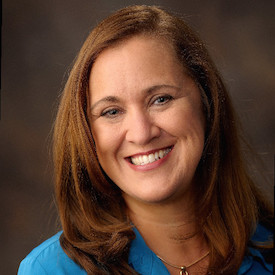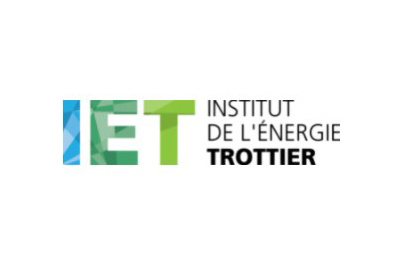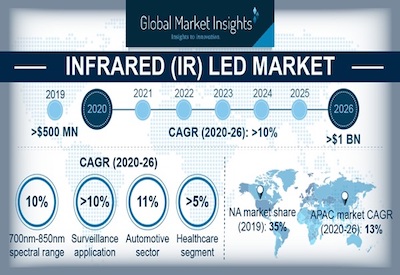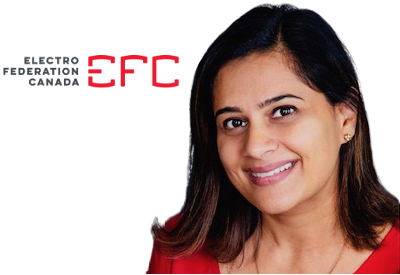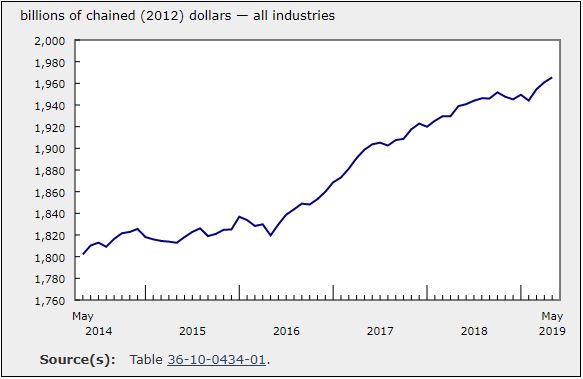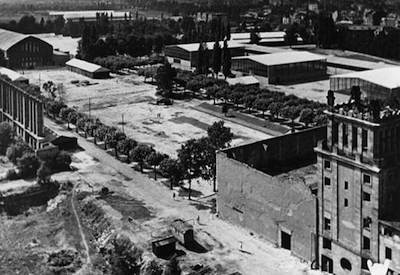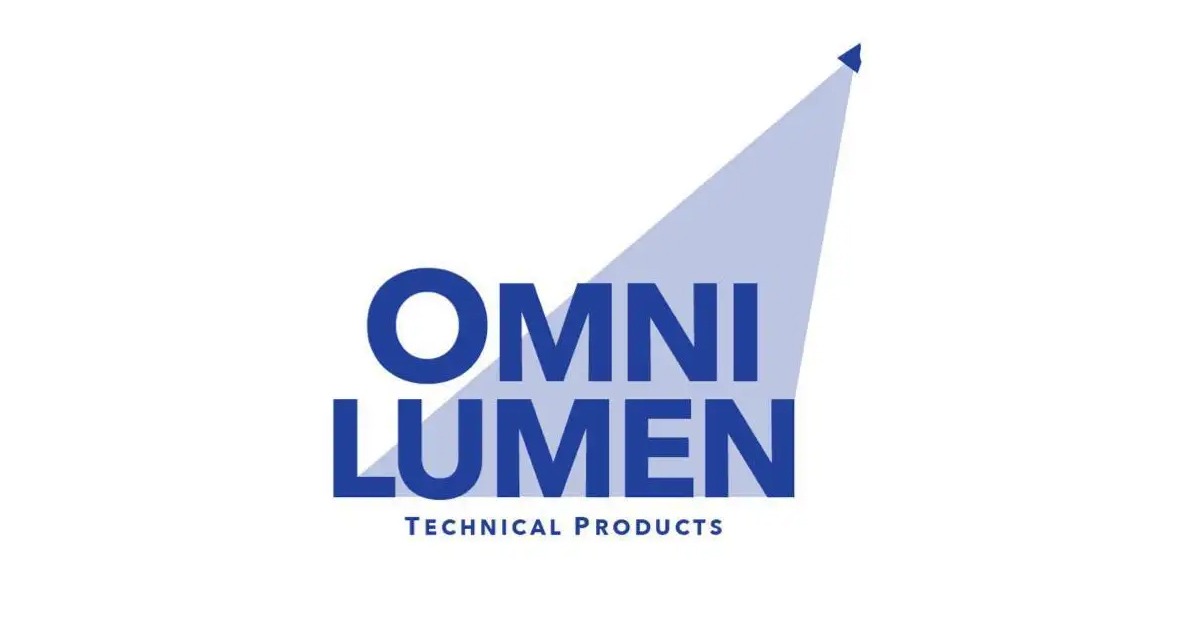Zero Emission Vehicle Infrastructure Program (ZEVIP) Funding for Owners and Operators of Charging and Refueling Infrastructure
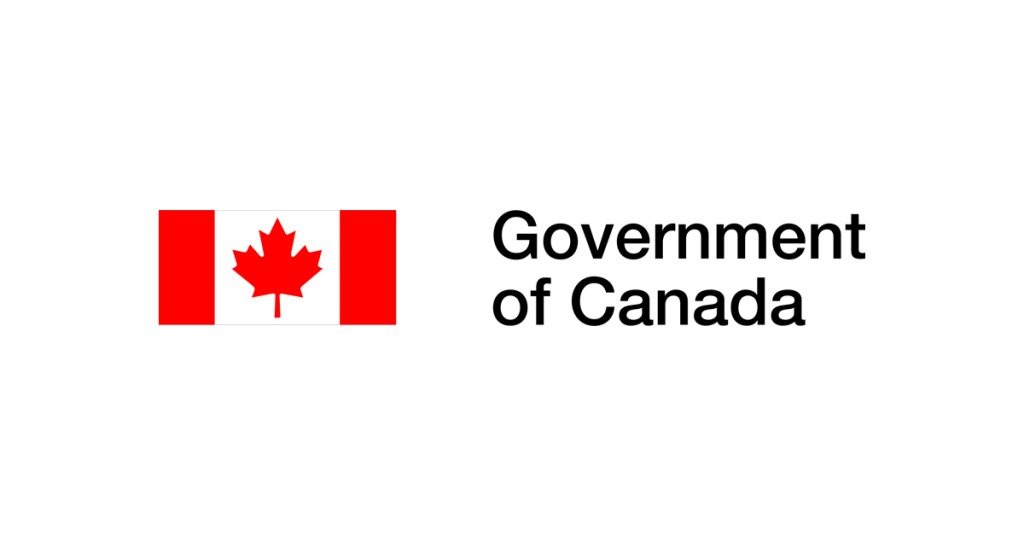
July 11, 2024
Launched in 2019, the Zero Emission Vehicle Infrastructure Program (ZEVIP) is a program that addresses a key barrier to the adoption of zero-emission vehicles (ZEV)—the lack of charging and hydrogen refueling stations in Canada— by increasing the availability of localized charging and hydrogen refueling opportunities where Canadians live, work, travel and play.
Eligibility criteria
Eligible applicants
Legal entities validly incorporated or registered* in Canada or abroad including not-for-profit and for-profit organizations such as:
- Electric utilities
- Companies
- Industry associations
- Indigenous businesses and community groups
- Strata or condo corporations
- Canadian provincial, territorial, regional or municipal governments or their departments or agencies where applicable
The following are not eligible for funding support under ZEVIP:
- Individuals or any part of federal public administration, including departments, Crown corporations and agencies.
- Softwood lumber companies and those that are vertically integrated with them.
Note: Projects must be submitted by the organization (the Proponent) that will own the infrastructure and that will be incurring the bulk of the expenditures. Proof of eligible expenditures for reimbursement needs to be under the name of the Proponent.
Eligible Projects
To be considered for funding, all EV Chargers within the Project must:
- Be located in Canada;
- Be installed in compliance with all applicable local codes (for example, building and electrical) and bylaws (for example, zoning and parking);
- Be a permanent, hard-wired installation (mounted or fixed);
- Be new and purchased equipment (not leased);
- Be for a new installation or expansion of an existing installation (not for the replacement of an existing installation);
- Be certified for use in Canada (e.g. CSA, UL, Interlink) and be commercially available;
- Be Networked to a charging network;
- Include the following charging Connector types:
- SAE J1772 standard (208/240 V)
- SAE J1772 Combo (CCS)
- SAE J3400 (NACS).
Note: There are two streams under this Request for Proposals with different requirements:
1. Public EV Charging
a. Corridor Public EV Charging Infrastructure
The Project must:
- Increase the number of public EV chargers 1.6km of Transport Canada’s National Highway System Designation. This system includes:
- Highways;
- Core routes;
- Feeder routes; or
- Northern or Remote Routes.
- Include the installation of:
- a minimum of two (2) independent* fast chargers of 100 kW and above at each location, available 24 hours per day, 7 days per week; OR
- a minimum of one fast charger of 100 kW co-located with existing fast charging infrastructure that brings the power output of a site to at least 150 kW, available 24 hours per day, 7 days per week.
*Independent is a stand-alone unit. For fast chargers allowing power sharing, the power output, when all connectors are in use and charging vehicles simultaneously, can be used to calculate the funding request.
Priority may be given to successful corridor charging projects under the public charging infrastructure stream when an application has more than 50% of stations planned for areas on the “EV Public Charging Planning Map” that are ranked as a highest priority (i.e. a ranking of “5”).
b. Community Public EV Charging Infrastructure
The Project must:
- Increase the number of public EV chargers in communities where gaps still exist.
- Include the installation of:
- A minimum of two (2) fast chargers of 50 kW and above, available for use 24 hours per day, 7 days per week or at least as frequently as the business operating hours of the site host; OR
- If installing less than two fast chargers of 50 kW and above, a minimum of twenty (20) chargers of all ZEVIP eligible technologies, available for use 24 hours per day, 7 days per week or at least as frequently as the business operating hours of the site host.
2. Private EV Charging
The Project must:
- Increase the number of electric vehicle chargers for private use for existing buildings such as multi-unit residential buildings, workplaces and where on-road vehicle fleets are serviced.
- Include the installation of:
- A minimum of two (2) fast chargers of 50 kW and above; OR
- If installing less than two fast chargers of 50 kW and above, a minimum of twenty (20) chargers of all ZEVIP eligible technologies.
Eligible expenditures
Eligible expenditures for an approved project under ZEVIP must be directly related to, and necessary for, the implementation and conduct of the project and will include:
- Salary and benefits
- Professional services (for example, scientific, technical, management; contracting; engineering; construction; installation, testing and commissioning of equipment; training; marketing; data collection; logistics; maintenance plans; printing; distribution)
- Reasonable travel costs, including transportation, meals, and accommodation
- Capital expenses, including informatics and other equipment or infrastructure
- Rental fees or leasing costs
- License fees and permits
- Costs associated with environmental assessments
- GST, PST, and HST net of any tax rebate to which the recipient is entitled
- Overhead expenses directly related to the project will be considered to a maximum of 15% of eligible expenditures
Ineligible expenditures for reimbursement under ZEVIP will include:
- In-kind
- Land costs
- Legal costs
- Ongoing operating costs (e.g., electricity consumption, operation, networking fees, subscription fees)
- Costs incurred outside the Eligible Expenditure Period, including those for preparing this application
Ongoing operating costs (e.g., electricity consumption, operation, networking fees, subscription fees), and costs incurred before a project is approved by NRCan, including those costs for preparing this application, are not attributable to the project (out of scope).
Funding activities
Maximum funding amount
NRCan’s contribution through ZEVIP will be limited to a maximum of 5 million dollars ($5,000,000) per project.
Financial support for projects is based on the total amount of funds available for ZEVIP and within the ZEVIP timeframe. Funding is subject to an appropriation by Parliament for the fiscal year in which payments are to be made.
ZEVIP will pay up to 50% of Total Project Costs (75% for Indigenous businesses and communities), up to maximum amounts as shown in the following table:
| Type of infrastructure | Output | Maximum funding | Maximum funding for Indigenous businesses and communities |
|---|---|---|---|
| Level 2 (208/240 V) connector | 3.3 kW to 19.2 kW | Up to 50% of total project costs, to a maximum of $5,000 per connector* | Up to 75% of total project costs, to a maximum of $7,500 per connector* |
| Fast charger | 20 kW to 49 kW | Up to 50% of total project costs, to a maximum of $15,000 per charger | Up to 75% of total project costs, to a maximum of $22,500 per charger |
| Fast charger | 50 kW to 99 kW | Up to 50% of total project costs, to a maximum of $50,000 per charger | Up to 75% of total project costs, to a maximum of $75,000 per charger |
| Fast charger | 100 kW to 199 kW | Up to 50% of total project costs, to a maximum of $75,000 per charger | Up to 75% of total project costs, to a maximum of $112,500 per charger |
| Fast charger | 200 kW and above | Up to 50% of total project costs, to a maximum of $100,000 per charger | Up to 75% of total project costs, to a maximum of $150,000 per charger |
How to apply
Important: Applications can only be submitted during an active RFP.
- Applicants must review and ensure they meet the eligibility criteria
- A complete application package (proposal) will be submitted through the Transportation and Fuels Decarbonization Programs portal and will consist of:
- A completed online application form;
- Supporting documentation; and
- An attestation dated and signed by a duly authorized officer.
Application timelines and deadlines
- Request for Proposals submission deadline – September 19, 2024
- Communicating Funding Decisions – 100 calendar days
- Negotiation period and signature of Contribution Agreements (CA) – 3 months
- Project completion date for electric vehicle chargers – 30 months
Service standards
The goal is to achieve service standards at least 80% of the time under normal circumstances:
- Acknowledge receipt of application and/or proposal within 5 business days.
- Provide funding decisions within 100 calendar days.
- Send you a draft Contribution Agreement for review within 30 business days of issuing the Letter of Conditional Approval.
- Send you a payment within 30 business days of receipt of a duly completed and documented payment claim.

